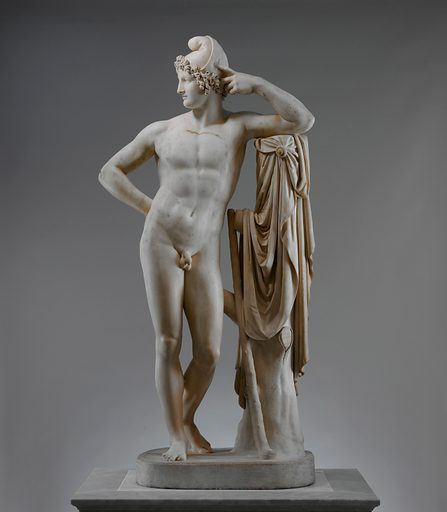Confessions of a talented and arrogant colleague

I have a problem. I have too much talent.
I’m good at math. I’m good at writing. I’m good at project management. I’m better at most of those things than the people I work with. (I’m not good at humility, as you may have noticed.)
I took jobs that reinforced my arrogance. I had to depend on other people. That, I was bad at. Simply put, I was an ass.
When I did my book launches at Forrester Research, I had a team of people helping me. I worked great with the PR people, because they had a talent I didn’t have — publicity. Also, it’s in the nature of PR people to treat their clients as smart people, so we got along fine. (If any of those people are reading this — you were great, and I’m sorry I was such an ass.)
But I worked poorly with the project managers, because I felt I knew how to do their jobs better than they did. I micromanaged the crap out of those folks. That didn’t leave any of us feeling good. And I don’t think it helped the project, either.
How to work with people when you can do their jobs as well as they can
I need editors. Even though I think I’m a better editor than anybody I could hire.
I need help with ideas. Even though other people pay me to do idea development.
In your career, you will need to work with people when you think you can do their job better than they can. My arrogance blinded me to the best way to work in those situations. I wish I’d learned how to do it sooner.
They key is not to doubt your own talent. And as politically incorrect as it may sound, the key is not to stop believing you are the best at things — which sometimes means better than whomever you’re working with. It’s fine to believe you are the best. That doesn’t mean you need to prove it at every moment.
Here’s what to do:
- Recognize that each person has a unique and creative contribution to make. They may not do it the way you would, and that’s the point. They think differently, and it’s those varied contributions that will make your work better. Creativity is all over the place, not on a linear continuum.
- Listen. Talk less and listen more. That’s hard to do when you think you’re talented, but it’s a skill worth developing. It’s amazing what you can learn if you just stop talking.
- Talk about what you want, not what to do. Define the deliverable, leave the methods to the colleague you’re working with.
- Collaborate on communication systems. Emailing back and forth isn’t necessarily the best way to work together. Shared directories, Google Sheets, Slack, regular phone calls, Airtable — they’re all possible ways to collaborate. If you work together on a way to communicate, you’ll all be invested in that, which is a good way to collaborate.
- Give credit generously. That’s not at all hard to do, and it takes nothing away from you.
- Be open to teaching — when you’re asked to. When you hire me as an editor, I will teach you to write better. That works because you asked me to improve your writing. People who ask for advice are often grateful for the help. People who don’t ask for advice are rarely open to it.
I’m still a recovering asshole. But seven years as a freelancer have helped me develop a better set of habits for working with people. I’m just sorry it took so long.
For most of my career, I was the sole writer at each place I worked. I only ever had an editor when I wrote books, so I never had peers with whom to discuss my part of any project. A few years ago, I joined a large company that used agile methodology and had several writers. Hearing what others were doing every morning provided extra motivation; I wanted to make sure I was doing my part for the team. And having fellow writers for mutual support was a kind of revelation; we helped each other get unstuck quickly and refined our skills all the time. The gratification of being “the expert” is far less than the fulfillment of belonging to a team that does good work together.
I think about this as an application of the theory of comparative advantage: even if you are better at every task than your colleagues, it’s most efficient for you to focus on the things that you do best relative to other tasks, and trust others to do the things you are relatively less good at. This can be hard, but simple math shows that you can be more productive focusing on what you do best–not devoting your scarce time to trying to do everything you do well.